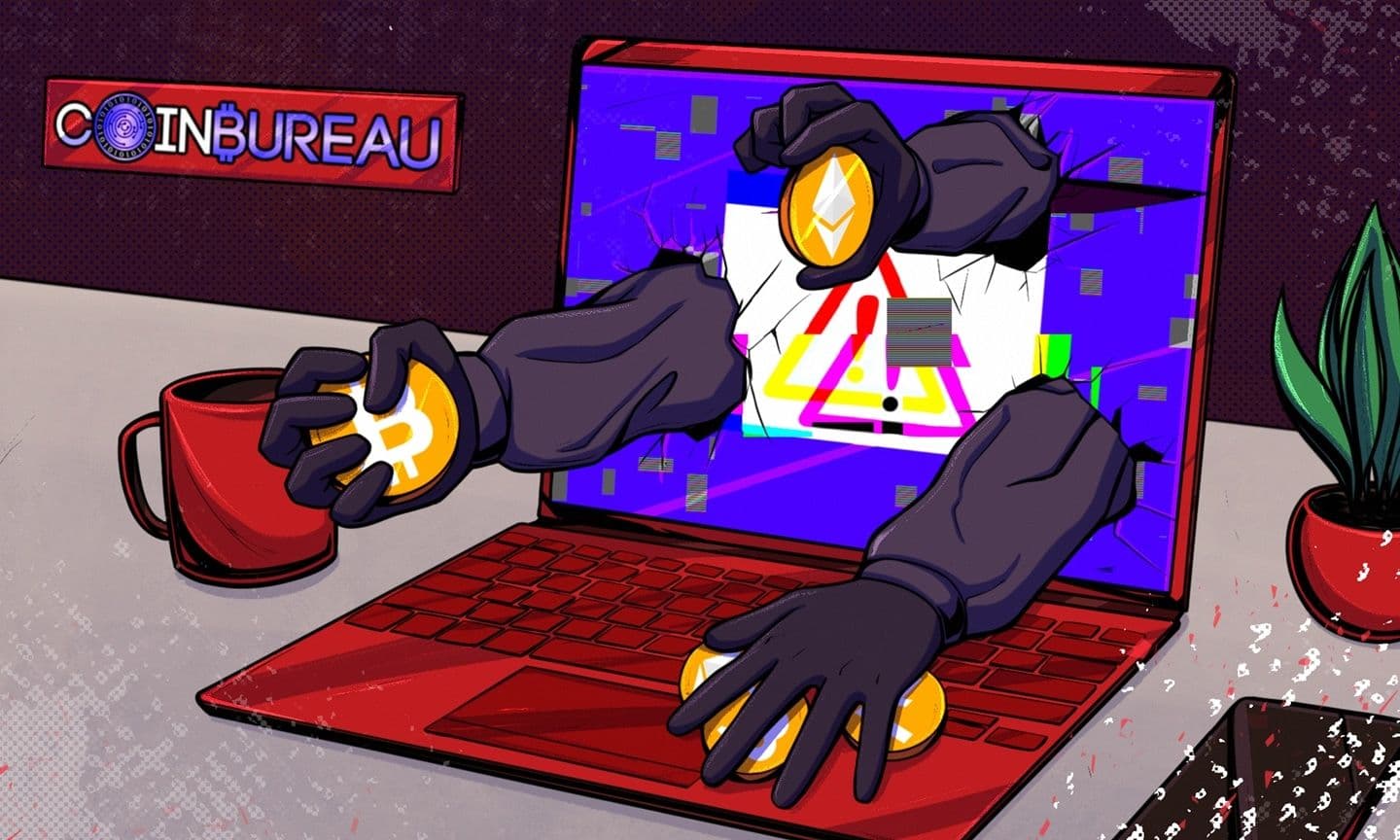WannaCry, Not Petya, Mt Gox or the DAO. We always here about the large scale hacks or cyber crime exploits that cause a great degree of damage and publicity. However, there is a far more silent yet effective threat that may be lurking on our PCs.
Computers that may be infected with a particular strain of Malware are now mining crypto currencies for their developers. Ever since mining crypto has become so valuable, hackers have decided to use their device exploration tools to infect these machines with mining malware.
According to an article by Russia Today, the cyber security firm Kaspersky Lab has discovered the malware that can spread across networks and mine currencies such as Monero and Zcash.
It is estimated that the group has control of about 9,000 computers in total. Kasperksy labs said that
According to analysts, the hacker mining network brings its owners up to $30,000 per month,
They also estimated that the group was able to earn over $209k from mining Monero, the privacy conscious crypto currency.
Unlike a ransomware attack, the goal of this Malware is to be completely undetectable. The user that has an infected host may not even notice that their PC has been compromised. The only thing that may cause them to notice that something is off would be a slightly slower PC.
This also makes this type of malware hard to detect. Mining of crypto currencies is not illegal and people can easily download the software and run it on their home PCs. This means that researchers have no way of knowing exactly which PCs may be infected with the Malware.
According to a number of forums, it has been known for sometime that hackers were using compromised PCs to mine crypto currencies. They wandered if this as only released by Kaspersky now in order to ride the crypto currency wave.
What is clear though is that crypto currency "hodlers" (or any security conscious individual) should be extra careful when it comes to downloading files and navigating to potentially malicious sites.



